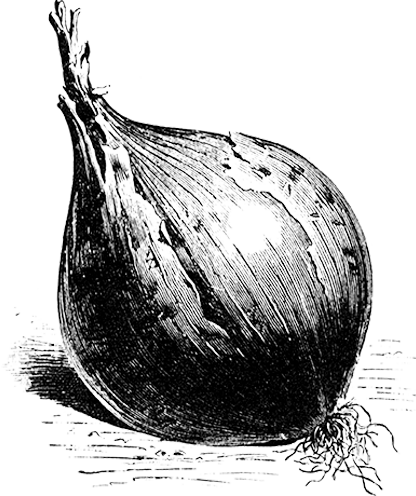Information
Is the most delicious kale of all with a faintly acidic taste. The stalk gets 50-60 cm tall and bears a great many light green, crispy, curly leaves. It is extremely hardy and often winters outdoors even at Runåberg in Ångermanland, (north Sweden.). P.B. was close to disappearing a few years ago but was saved by a small British seed-firm.
A portion contains about 75 seeds.
| Product number: | 5275 |
|---|---|
| Scientific name: | Brassica oleracea var. sabellica |
| Botanic family: | The Mustard Family - Brassicaceae |
| Organic: | Yes |
| Days to maturity: | 70 |
| Lifespan: | Biannual |
| F1 Hybrid: | No |
| New variety: | No |
| Sowing time: | Pre-cultivate: March–June |
| Sowing depth: | 1 cm |
| Germination temperature: | 14-28°C |
| Germination time: | 4–7 days |
| Plant spacing: | 50 cm |
| Row spacing: | 50-60 cm |
| Height: | 50-60 cm |
| Plant location: | Sun–Half shade |
| Harvest/blooming: | July–December |
| Seeds/g: | 200–300 seeds |
| Heirloom variety: | No |
Cultivation advice
Sowing
Sow thinly indoors or in a hotbed, about 1cm deep, 4-6 weeks before setting out the plants as planned! The seeds want warmth when germinating, preferably above 20°C. After sprouting they should be in a light, cool and airy place to avoid lankiness and attacks by root-neck rot. Temper the plants gradually before setting them, when the risk of frost is just about over. Most kinds of cabbage can handle a night of light frost. Set out the seedlings a little deeper and tread down the soil preventing the cabbage flies laying their eggs. Many early sorts can be sown directly as soon as the soil has warmed up. Do not allow the sowing to dry out and look out for the flea-beetles.Spacing
Keep about 50 cm between the plants and 50-60 cm between the rows!Harvest
The kale is hardy and with the richest flavour after a few nights of frost, but it is tasty before too. The leaves are harvested gradually during the whole autumn and winter. They can be dried in low heat or frozen after parboiling as well. Kale is mostly used in soups and casseroles.Seed
200-300/1g.A portion contains about 75 seeds.
